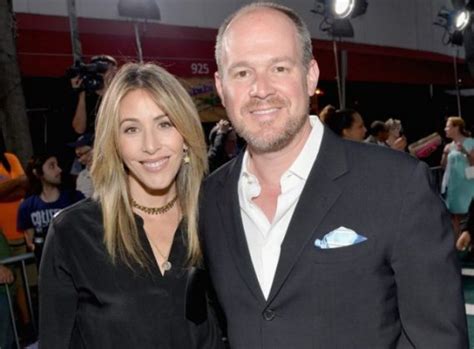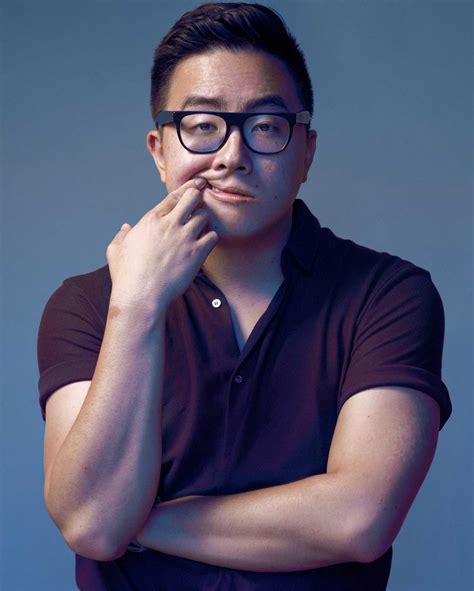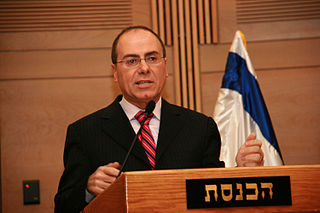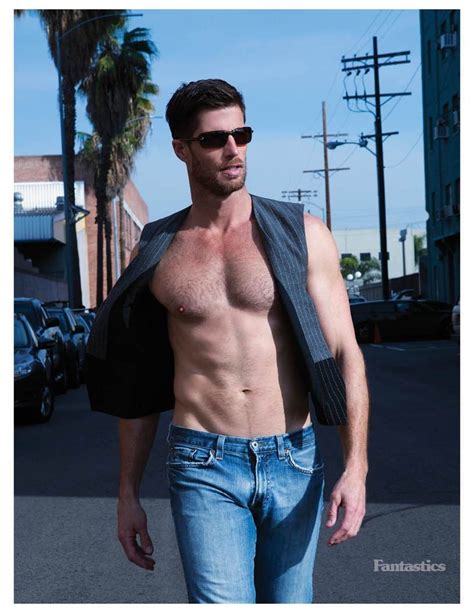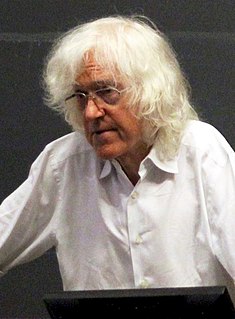A Quote by Suzy Shuster
If I were to ask any parent, 'Do you love your kid?' the answer would unequivocally be, 'Yes.' If I went on to ask, 'What would you do to protect your kid from harm's way?' any rational parent would answer without skipping a beat, 'Anything.'
Related Quotes
Philosophers often think all scientists must be scientific realists. If you ask a simple question like "Are electrons real?" the answer will be "Yes". But if your questions are less superficial, for example whether some well-known scientist was a good scientist. Then, they had insisted that only empirical criteria matter and that they actually did not believe in the reality of sub-atomic entities. Ask "If that turned out to be true, would you still say they were good scientists?" The answer would reveal something about how they themselves understood what it is to be a scientist.
In other philosophies, my questions would get answered to some degree, but then I would have a follow-up question and there would be no answer. The logic would dead-end. In Scientology you can find answers for anything you could ever think to ask. These are not pushed off on you as, 'This is the answer, you have to believe in it.' In Scientology you discover for yourself what is true for you.
Would there not be the greatest reason to apprehend, that error in the first sentence would be the parent of error in the second sentence? That the strong bias of one decision would be apt to overrule the influence of any new lights, which might be brought to vary the complexion of another decision? Those, who know any thing of human nature, will not hesitate to answer these questions in the affirmative.
I would encourage my children to protect themselves if there's any sort of physical abuse against them. I would definitely go speak to the perpetrator, and if the perpetrator was a child, I'd speak to their parents. But I ... Oh my God, I don't know what I'd do if I was privy to watching my kids being bullied! I would do what any parent would, I'd be like a grizzly bear protecting his cubs.
It is not enough to ask, 'Will my act harm other people?' Even if the answer is No, my act may still be wrong, because of its effects on other people. I should ask, 'Will my act be one of a set of acts that will together harm other people?' The answer may be Yes. And the harm to others may be great. If this is so, I may be acting very wrongly, like the Harmless Torturers.
